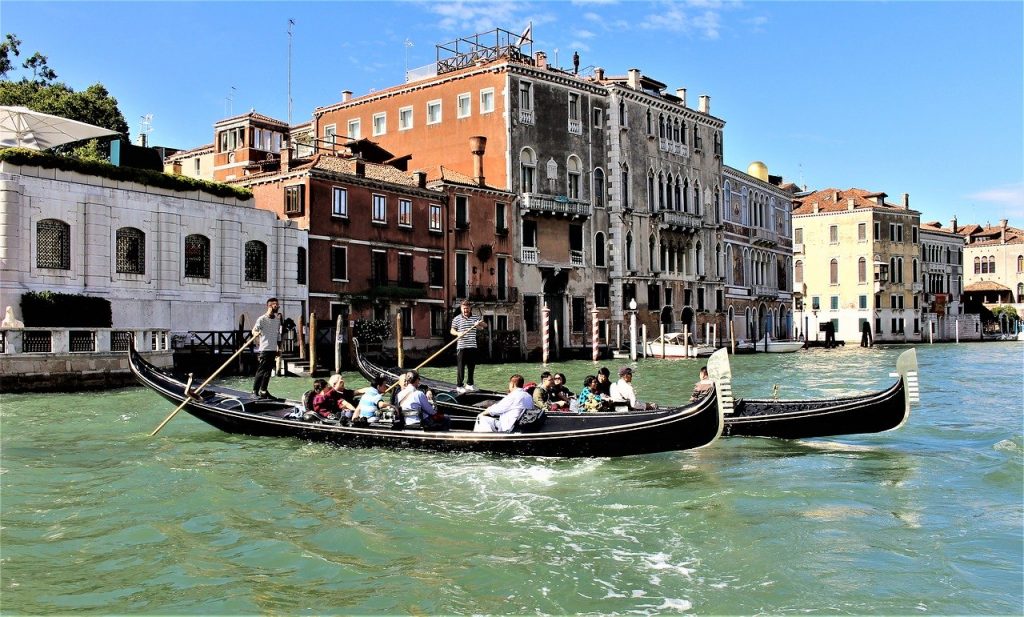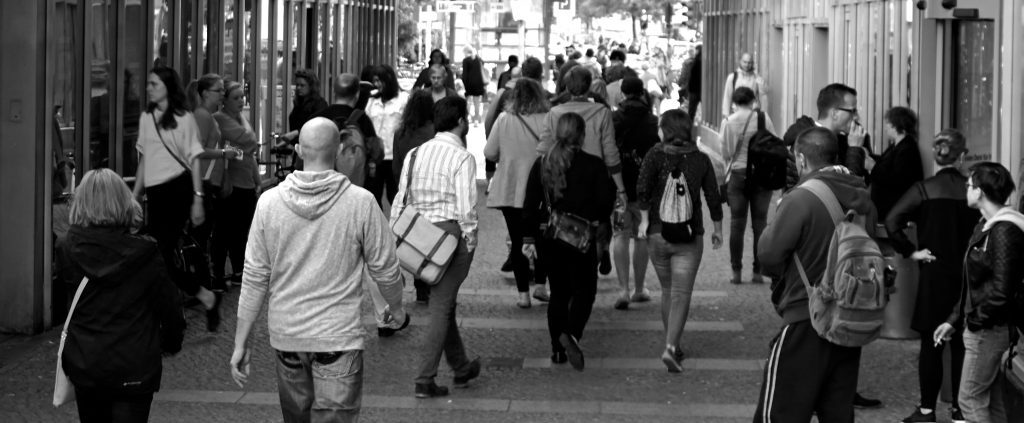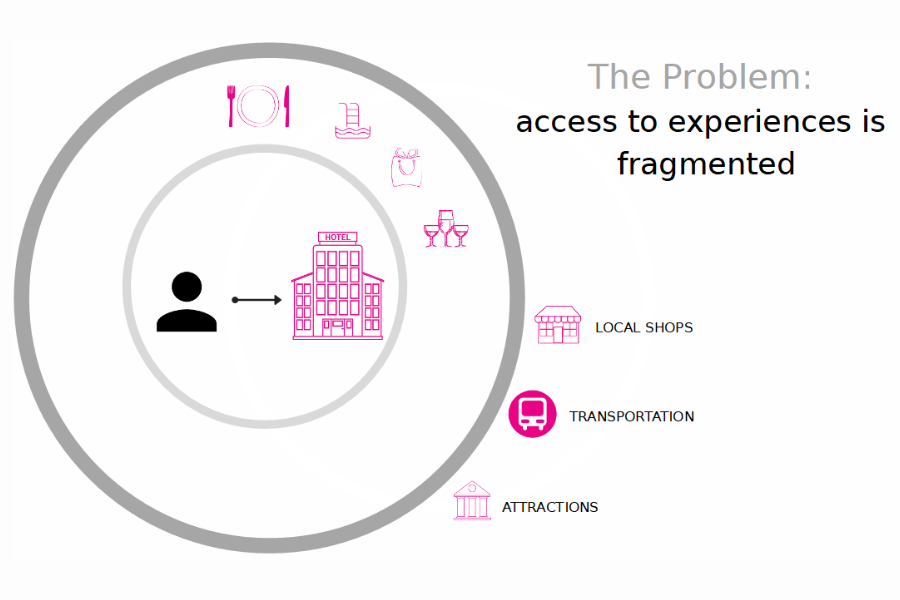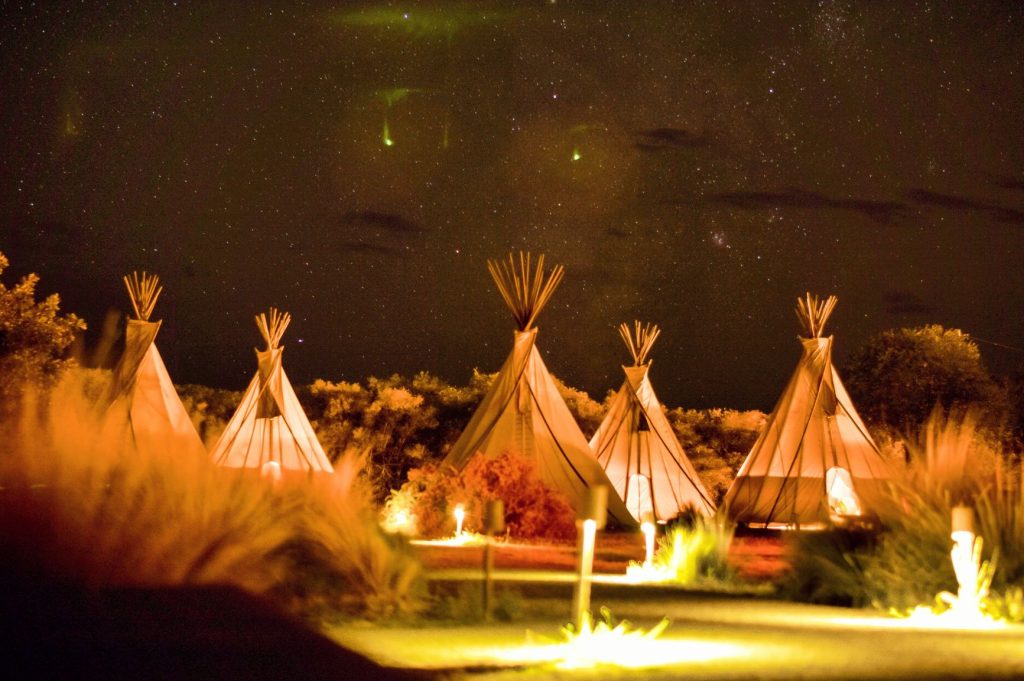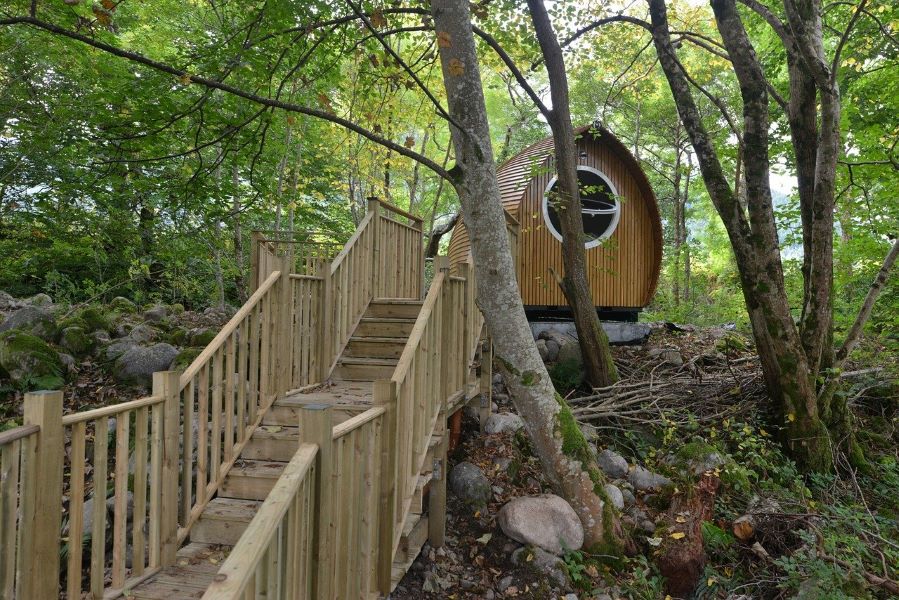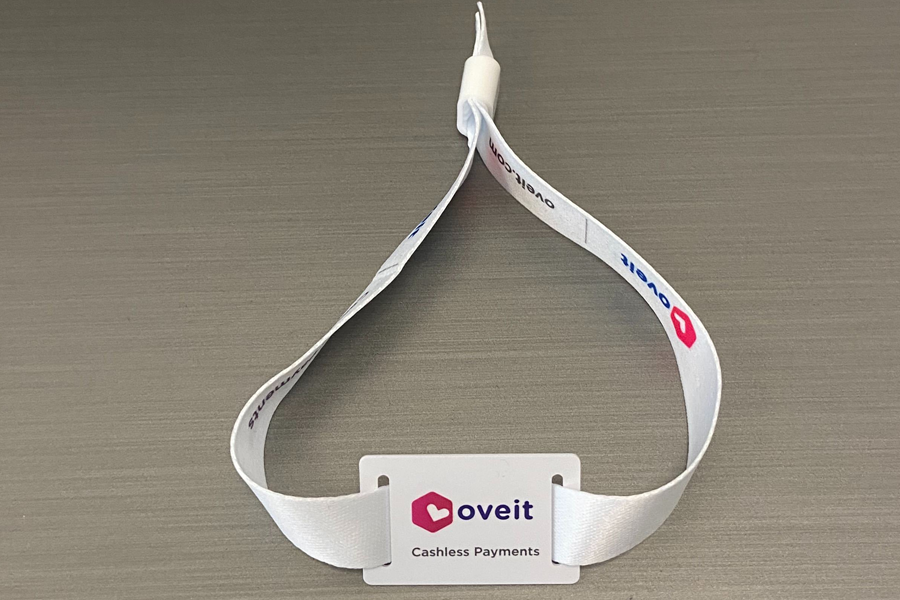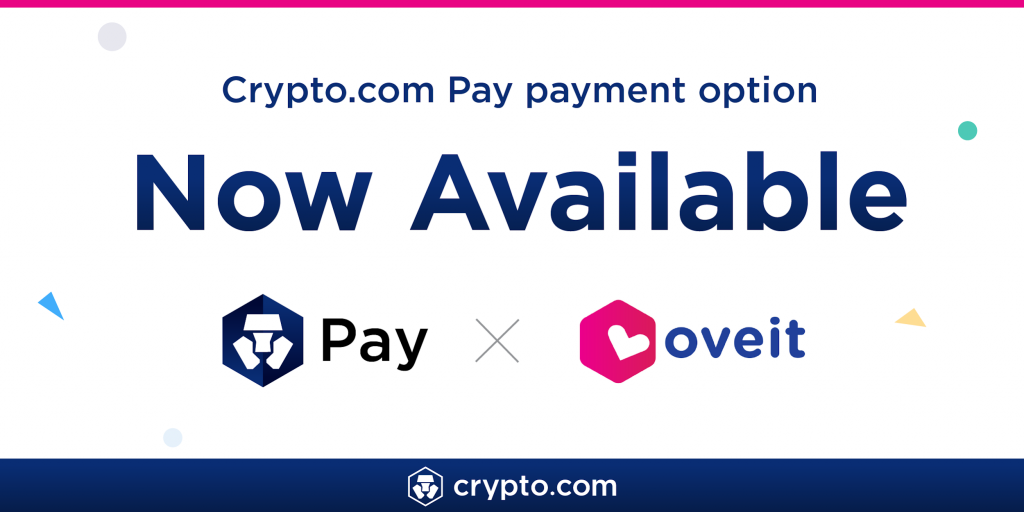Vacation rental or short-term properties have been around for quite some time. These accommodations range from exclusive properties to extra bedrooms in other people’s houses. Some of these include homes, apartments, villas, condos and even tents, tree-houses or caravans. Hosts listing their properties might offer full services and experiences (similar to a hotel or resort), while others don’t even have contact with guests, besides the online booking process.
People that seek to spend their holidays in this kind of properties can find offers through OTAs (online travel agencies). Online booking platforms like Booking.com or TripAdvisor offer a variety of alternatives in terms of accommodation. However, the one platform that caters exclusively to this type of lodging is Airbnb. The home rental platform based in San Francisco was founded in 2008 and it has done a great job in changing the way people find places to stay away from home. In 2007, two of the founders were trying to find a way to cover their rent in San Francisco. Unemployed and broke at that time, they decided to rent out air mattresses in their own apartment to attendees of a conference, since all the hotels were fully booked. They called their service “Air Bed and Breakfast.”
Like many successful businesses with little to no hope in the beginning, Airbnb is among them. As we speak, the privately held company lists more than three million lodgings in almost 200 countries. To give you an idea of its success, it is valued at $35 billion, which is more than Hilton and Wyndham combined. In late 2016, Airbnb decided to move beyond accommodation with the launch of Airbnb Experiences.
Airbnb Experiences
Airbnb launched Experiences with the purpose of bringing together where you stay (Homes), what you do (Places) and the people you meet (Experiences) in one place. The concept is designed for those travelers that want to benefit from authentic experiences and places, guided by their local hosts.
How does it work?
Instead of finding experiences on third party platforms, Airbnb recruits hosts that can provide more than just bed & breakfast. This way, travelers can simply book their accommodation and daily activities in one place. These activities are led by locals who love where they’re from and what they do, showing great passion. Ranging from cooking classes to music history and culture tours, travelers have plenty of choices available and they can find the perfect one based on other’s previous experiences. For example, in Barcelona, travelers can make paella based on an old family recipe in a private garden. Compared with experiences offered by commercial tour operators, these come with behind-the-scenes access that guests couldn’t typically find on their own.
As expected, travelers spend money on authentic experiences, creating a win-win situation for local hosts and communities. It is a great way to promote and contribute to the success of smaller businesses. The most authentic offerings tend to come from individuals with limited resources and little to no exposure.
Oveit for Local Hosts and Communities
As we mentioned in previous articles, Oveit can be a great solution for local communities. As experiences tend to be fragmented, our solution enables the host to create their own local economy (currency), inviting local vendors and experience providers to be part of it.
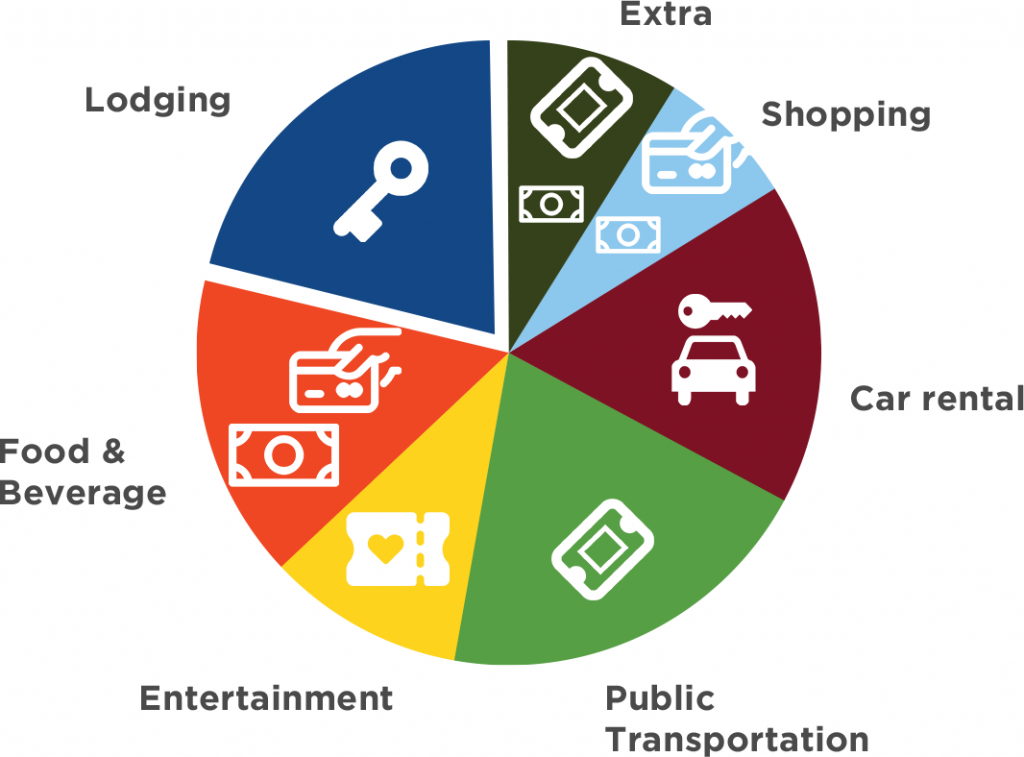
Using Oveit to improve Local Experiences
Even if travelers pay for their trips in advance, local hosts and service providers can use our solution effectively. Our smart NFC enabled wristbands act as digital wallets and enable economy owners (local hosts) to pre-pack experiences for their guests.
Hosts are not always in charge of providing the full experience. Some of them depend on strategic partnerships with local vendors that have a key role in delivering it for travelers. For instance, hosts that are passionate about the brewing industry might offer local pub crawl tours, taking the role of a guide rather than a service provider. With our solution, they can pre-pack various experiences and enable travelers to claim them in partner locations (pubs) with a simple tap of the hand.
On top of that, they can use our solution as a payment tool and create a single currency accepted in their network of partners. Travelers can simply top up their digital wallets (NFC wristbands) online and purchase goods and services in the defined economy.
Besides the pre-purchased experiences, guests will most likely spend money on other activities as well. Our closed-loop payment solution is designed to avoid fragmented experiences and it contributes to a commonly accepted currency. While enjoying outdoor activities, travelers won’t have to worry about their wallets or withdrawing cash. They can activate the ‘Auto top-up’ feature and if the remaining balance falls under a defined amount, the digital wallet (NFC wristband) tops up automatically. Transactions are simply processed by tapping the wristband to a reader.
